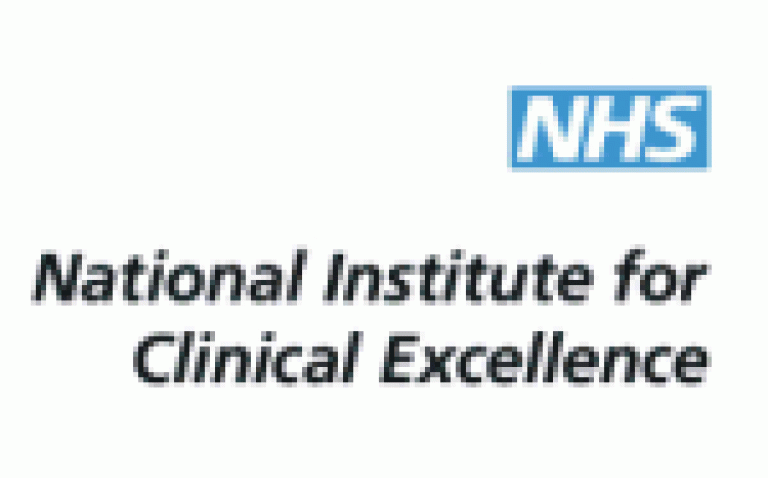Takeda UK announces that in its draft appraisal the National Institute for Health and Clinical Excellence (NICE) does not recommend the use of Mepact for the treatment of osteosarcoma in children, adolescents and young adults.
This comes following NICE’s inability to recommend Mepact due to its strict criteria for cost effectiveness – which does not currently accommodate the assessment of rare, ultra orphan diseases – and despite the fact that Mepact meets many of the criteria for ‘Deviating from the Threshold’ by the NICE Citizen’s Council reviewed by the NICE Board on 20 May 2009.
This stated that if the treatment in question is life saving, the patients are children, the intervention will have a major impact on patient’s family and the illness is extremely severe and/or rare, then the medicine is of additional value to society and shouldn’t have to meet NICE’s current cost-effectiveness criteria. In these conditions, Mepact meets all of these criteria. The Scottish Medicines Consortium (SMC) has also not recommended Mepact for use in NHS Scotland.
Osteosarcoma is a rare and often fatal type of bone cancer, with approximately 100-150 new cases diagnosed in the UK each year. It mainly affects children, adolescents and young adults. Patients have an average age of 15 years with some children as young as two being diagnosed. Due to its highly aggressive nature, approximately 20% of newly diagnosed patients have detectable lung metastases and the disease will recur in up to 30% of patients after initial treatment.
Although Takeda are disheartened with NICE’s decision, they want to ensure that the suitable young patients that are diagnosed with osteosarcoma each year are provided with a fighting chance, and will therefore work with NICE through to the end of this appraisal.
For the last 20 years, the standard treatment for osteosarcoma has been surgical resection, with pre and post-operative multi-agent chemotherapy. Between half and a third of these patients will not survive beyond five years.
The new osteosarcoma treatment, Mepact can reduce the risk of death by almost a third which means that it has the potential to save an additional eight lives each year in the UK.
Leading osteosarcoma expert Professor Ian Lewis, Professor of Cancer Studies at St James University Hospital, Leeds said of the announcement, “It’s a great disappointment and cause for much frustration that we now have another hurdle to get over and I would urge those involved to make Mepact a priority so that we can start saving more young lives. We hope that another avenue be sought to ensure that Mepact can be made available to patients as soon as possible.”










